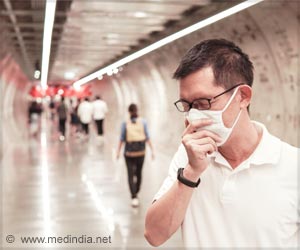
In 2013, the emergency committee declined to declare an emergency after MERS was reported in dozens of countries, primarily because most cases were confined to hospitals.
The WHO has convened its emergency committee nine times, and it has declared six international public health emergencies. The committee waited months before declaring an emergency for Ebola in the Democratic Republic of Congo, and of course, came under scrutiny for delaying its response to COVID-19 in 2020. Those delays cost lives, so it’s possible a committee called together to consider monkeypox would be persuaded to move quickly this time.
If an emergency is declared, the committee will also issue temporary recommendations to member states, and those will almost certainly caution against travel restrictions which, while helpful to limit spread initially, can devastate countries that rely on trade and tourism, especially those with fragile economies and limited health capacities.
More than $2 billion was lost in West Africa following the 2014-16 Ebola outbreak, due in part to travel and trade restrictions.
READ RELATED: 5 Worst Fast-Food Breakfasts To Stay Away From Right Now
Despite all that, however, travel restrictions have been the go-to response for many countries once an international emergency is declared, and the WHO doesn’t have a mechanism to force countries to comply with its recommendations beyond diplomacy or naming and shaming.
Source: Medindia
Source:







